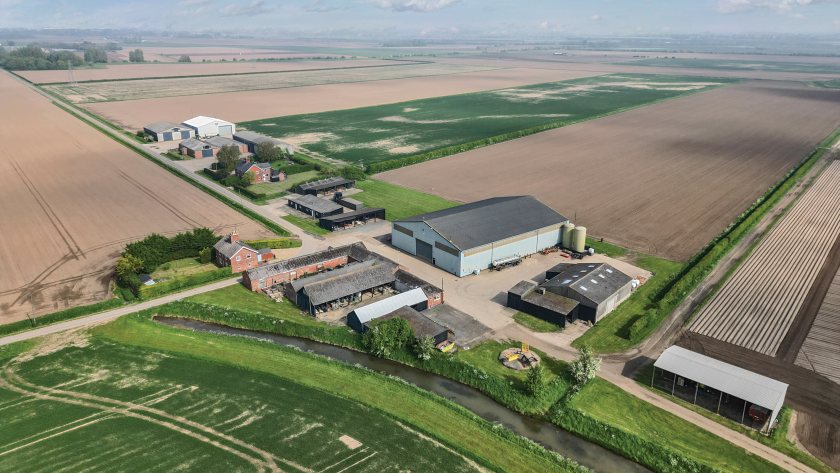
A new Farm Business Tenancy (FBT) opportunity has arisen on a 550-acre Lincolnshire farm, for 15 years.
The Crown Estate is searching for a tenant to take on College Farm, which comprises of first-class silt soils.
The farm is ring-fenced and situated immediately inland from the New Sea Bank on re-claimed Grade 1 soil at Frampton near Boston.
A 15-year FBT is on offer for the successful applicant who must submit an informal tender to property consultancy Carter Jonas, by noon on 12 July.
Carter Jonas says the scale and quality of the farm is likely to attract high levels of interest from a number of farming businesses operating in the area, with the tenancy duration offering significant long-term stability.
Malcolm Burns, head of rural for the Crown Estate, said: “College Farm is in excellent condition, and maintaining and enhancing soil health is of particular importance to us.
"We expect the successful candidate to adopt a fully integrated approach to soil management, and to fully embrace best in class environmental land management practices for the duration of the tenancy.”
The arable holding is available with a comprehensive range of farm buildings including more than 3,000 tonnes of grain storage, two 500-tonne cold stores and drying facilities.
There are general purpose workshops, traditional buildings and a farm office, but no farmhouse is included - only three cottages may be available by separate negotiation following refurbishment this summer.
Alex Morter, associate partner at Carter Jonas, said it was an 'incredibly rare opportunity' to take on quality rented land at such a significant scale.
He added: “The length of tenancy will also be attractive, allowing the new tenant to plan for the longer term.
“We would expect to see keen interest in College Farm from a range of business, given the versatility of the land and how infrequently tenancies of this nature become available.”
